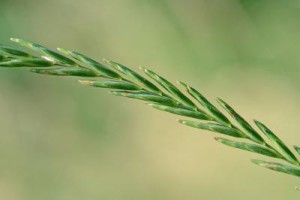Couchgrass is a very common perennial species of grass native to most of Europe, Asia, the Arctic biome, and northwest Africa. It has been brought into other mild northern climates for forage or erosion control, but is often considered a weed.
Contents
Uses
- Couch grass has been used to treat gout, rheumatic disorders, chronic skin conditions, and urinary tract, bladder, and kidney disorders. Various extracts have been used as a dietary component for diabetic patients. There is a lack of clinical studies to support these uses.
Benefits
- In human treatments, the rhizome of this grass is the part used for medicinal purposes. Its demulcent, diuretic and antibiotic properties have since been recognized even by many practitioners of modern medicine. The beneficial constituents of couch grass include the polysaccharide triticin, mucilage, potassium, zinc and the volatile oil agropyrene. These benefits are typically derived through decoction as a tea or as a tincture.
Cautions
Contraindications have not yet been identified.
Interactions
- Please consult your nutritionist
Other names
Couch-grass root , dog grass , quack grass , triticum , twitchgrass
References
Source: Drugs.com, http://www.drugs.com/npp/couch-grass.html
Wikipedia, https://en.wikipedia.org/wiki/Elymus_repens
Healthy Benefits, http://healthybenefits.info/the-health-benefits-of-couch-grass-herb/

